ISLAMABAD: Talha Saeed, son of the chief of banned outfit Jamat-ud-Dawa (JuD) Hafiz Saeed, has approached the Islamabad High Court (IHC) seeking directions to the Ministry of Foreign Affairs to block an Indian move to impose travel and financial restrictions on him.
He also annexed a letter of the Indian home ministry, sent to the United Nations, asking for sanctions against Mr Saeed for being the head of a wing of the banned Lashkar-i-Taiba.
IHC Chief Justice Aamer Farooq took up the petition and after preliminary hearing referred the matter to the ministry of foreign affairs.
The petitioner cited the ministry and establishment division as respondents.
In the petition, Talha said he had nothing to do with the allegations levelled against him by the Indian authorities, as he was doing MPhil in Islamic Studies from Punjab University.
IHC refers matter to foreign ministry
“Throughout my career, not a single case/FIR was lodged against me and I always concentrated on my education and profession of teaching,” he said.
According to the petition, Mr Talha also contested the election to the National Assembly in 2018 and secured over 10,000 votes, indicating that he strongly believes in democracy and condemns every act of terrorism not only within Pakistan but also outside its territorial jurisdiction.
The petitioner believes “life of every human is precious, and whoever unnaturally takes the life of other is a worst criminal and deserves no leniency”, the petition stated.
The petitioner said he never advocated for Taliban or Al-Qaeda, but the Indian authorities sought the UN to declare him a global terrorist.
He stated there was “not a single ground quoted for enlisting him as global terrorist, because he was never involved in any kind of financing, planning, preparing, perpetrating of any act of terrorism in conjunction or in support of selling or transferring arms or relevant material, nor he has any concern with any kind of recruiting or supporting acts/activities of Al Qaeda or ISIL, or any other splinter group etc in any manner whatsoever.”
Instead, the language of the letter in question ex-facie reveals the venomous conduct of Indian authorities who on the one hand tried to pollute his character through baseless stigmatism and on the other hand attempted to malign the state of Pakistan, according to the petitioner.
The court was informed that the restriction would initially apply for six months and thereafter it may continue for three more months and in case it was not objected the same would have perpetual effect, the petition stated, adding that the matter was on hold since China did not accord approval.
While China has thwarted the move, the matter was again placed before the UN Security Council by Indian authorities, the petitioner said, while describing the Indian request as ‘misguiding’ and ‘conspiracy’ against the petitioner and the state of Pakistan.
The petitioner added that the Indian move was contradictory to fundamental rights of citizens, as it was tantamount to curtailing his liberty and freedom of movement.
Being guardian of his fundamental rights, the state may be asked to play its role, he said, urging the court to “issue direction to the respondent to come forward and protect the fundamental rights of petitioner domes-tically and internationally through diplomatic channels in the best interest of justice”.
Published in Dawn, March 11th, 2023


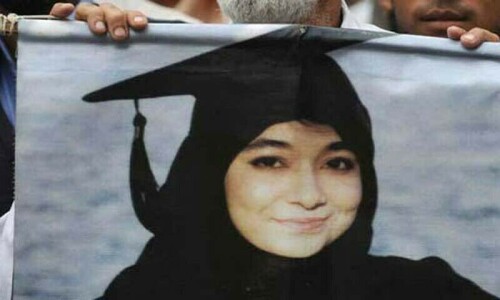












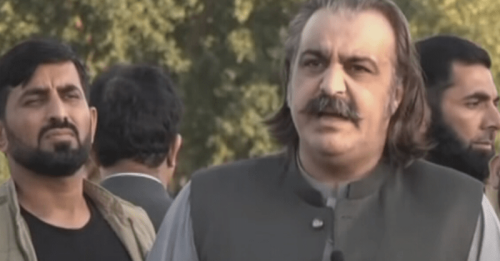

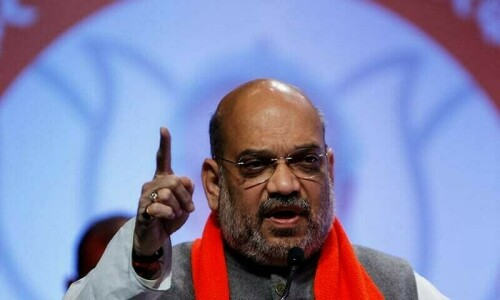
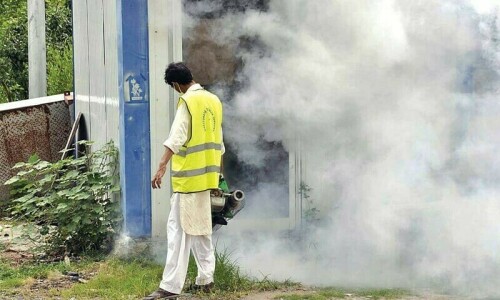





















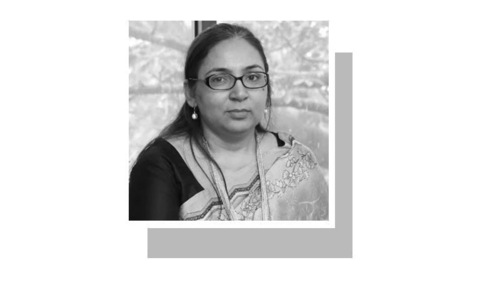
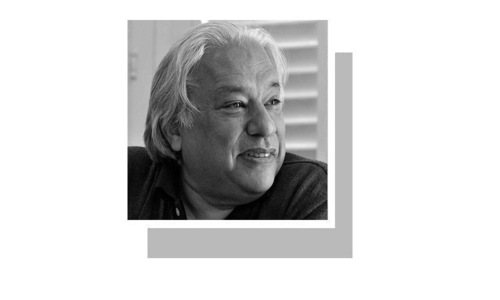

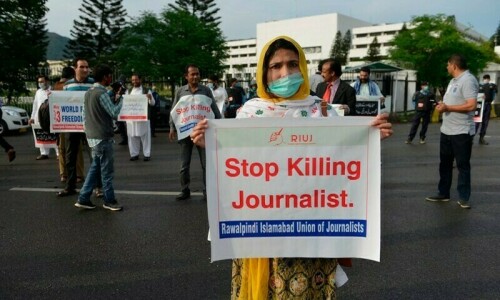


Dear visitor, the comments section is undergoing an overhaul and will return soon.